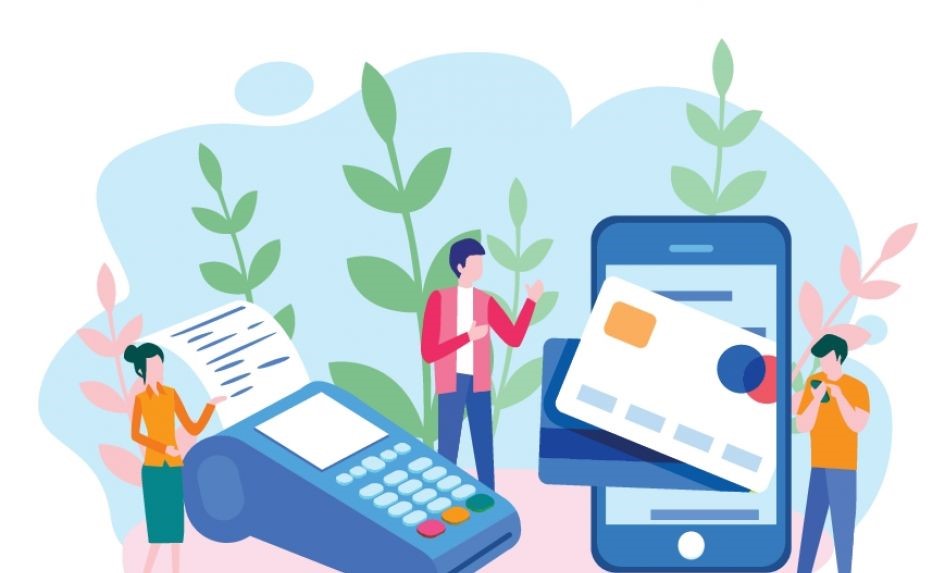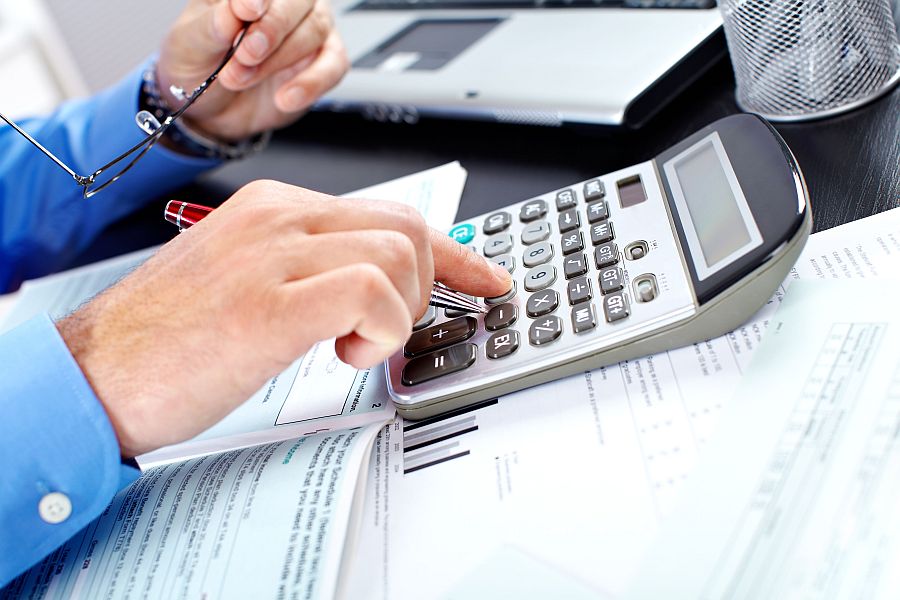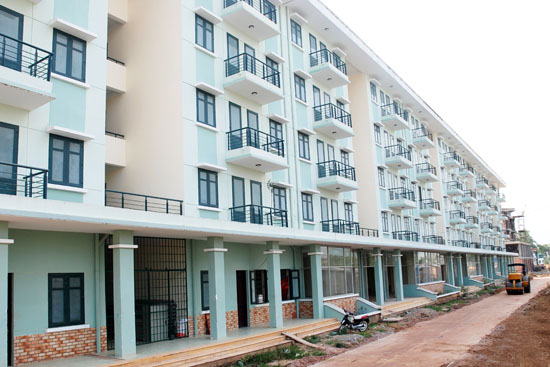What are the regulations on the types of receipts for non-cash payments in Vietnam? – Kim Ngan (HCMC, Vietnam)

Types of receipts for non-cash payments in Vietnam (Internet image)
Having non-cash payment vouchers is a condition for expenses to be deductible when determining taxable income under Clause 1, Article 6 of Circular 78/2014/TT-BTC (amended by Circular 96//2015/TT-BTC), and is a condition for deduction of input value-added tax under Clause 2, Article 15 of Circular 219/2013/TT-BTC (amended by Circular 26/2015/TT-BTC).
Types of receipts for non-cash payments in Vietnam
Clause 2, Article 15 of Circular 219/2013/TT-BTC (amended by Circular 26/2015/TT-BTC) stipulates the receipts for non-cash payments include bank transfer receipts and other receipts for non-cash payments, specifically as follows:
Bank transfer confirmations in Vietnam
Clause 3, Article 15 of Circular 219/2013/TT-BTC (amended by Circular 26/2015/TT-BTC, Circular 173/2016/TT-BTC) stipulates payment documents via bank as follows:
Bank transfer confirmations are documentary evidence proving the transfer of money from the buyer’s account to the seller’s account opened at providers of payment services under legitimate payment methods
Bank transfer confirmations include:
- Checks, payment orders, cash collection orders, bank cards, credit cards, SIM cards (digital wallets);
- Other means of payment as prescribed (including the cases in which the buyer transfer money from the buyer’s account to the seller’s account carrying the name of the owner of a private enterprise or from the buyer's account carrying the name of the owner of the enterprise to the seller's account)
Other cases in which non-cash payments are used in Vietnam
Other cases in which non-cash payments are used for deducting input VAT according to Clause 4, Article 15 of Circular 219/2013/TT-BTC (amended by Circular 26/2015/TT-BTC) include:
(1) If goods and services are purchased by offsetting their value against the value of sold goods and services, or by lending goods under contracts, a certification of this kind of transaction and data comparison record made by both parties is compulsory. If the payment is offset against third party’s debt, a debt offsetting record made by all three parties is compulsory.
(2) If the contract allows goods and services to be purchased on credit in the forms of loans or debt offsetting via a third party, it is required to have the loan contract and the receipts for transfer of money from the creditor’s account to the debtor’s account, even when the value of purchased goods and services is offset against the amount paid by the buyer on behalf of the seller or the amount provided for the buyer by the seller.
(3) If a third party is authorized to receive the payment for purchases by bank transfer (including the case in which the seller requests the buyer to wire the payment to a third party appointed by the seller), this authorization must be agreed in the contract, and the third party must be a lawful legal person or natural person.
After the payment is made this way, if the remaining value that is paid in cash is VND 20 million or more, tax shall only be deducted if bank transfer receipts are presented.
(4) If payment for purchases is wired to a third party’s account at a State Treasury, which is opened to enforce money collection, input VAT may be deducted.
Van Trong
 Article table of contents
Article table of contents








